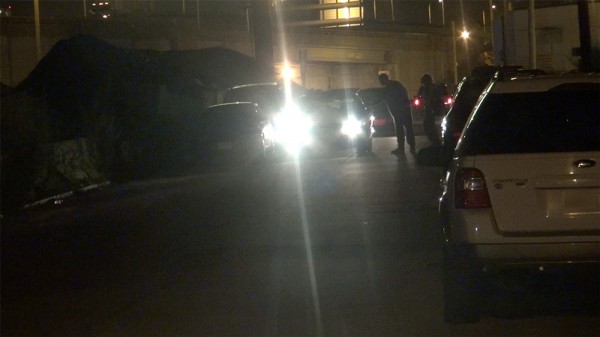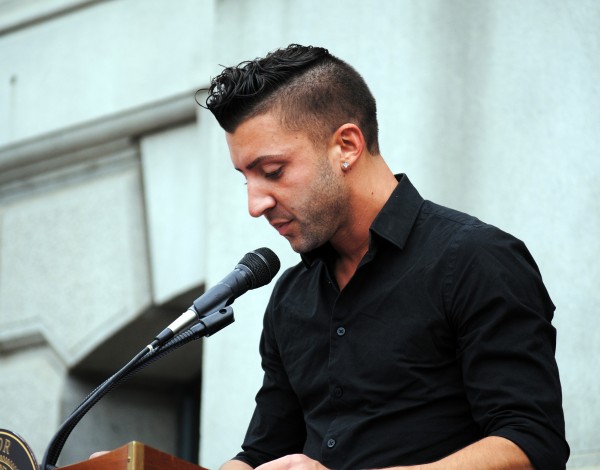 A few months ago, Governor Gina Raimondo hosted a meeting for members of the “LGBTQ community” at which no People of Color were present, because no People of Color were invited. Some attendees later reflected on their discomfort sitting in that meeting which was either intentionally or unintentionally (depending on your level of cynicism) racially-exclusive.
A few months ago, Governor Gina Raimondo hosted a meeting for members of the “LGBTQ community” at which no People of Color were present, because no People of Color were invited. Some attendees later reflected on their discomfort sitting in that meeting which was either intentionally or unintentionally (depending on your level of cynicism) racially-exclusive.
Some amount of dialogue emerged from this experience. It was wisely suggested, and I’ll paraphrase, that, “When LGBTQ people are invited to events, we need to start asking ‘Who else will be there?’” (Thank you, Jenn Steinfeld)
Still, in the last several months, organizations within the community continue to plan event after event with no POC participation and this is an trend in mainstream LGBTQ community events and organizations throughout the country.
In her book White Women, Race Matters: The Social Construction of Whiteness, author Ruth Frankenberg sought to examine this issue within the feminist community by posing the question, “What are the social processes through which white women are created as social actors primed to reproduce racism within the feminist movement?”
What if we rework that question to address the same issue in the LGBTQ community?
What are the social processes through which white members of the LGBTQ community are created as social actors primed to reproduce racism within the LGBTQ movement?
A major social process through which the LGBTQ community interacts is performance events such as musical events, comedy reviews, drag shows, annual festivals, etc. Surely there will be instances where it is impossible to incorporate an accurate cross-section of the community.
Sometimes interest is low and organizers have to book whatever performers they can get. Sometimes the number of performers is so limited that the ideal racial representation is not possible. These things are understandable. But when we see organizers of large-scale, mainstream events continue racial exclusivity year after year, we, as writer Aaron Talley put it, “continually swallow the complexities of being black and queer in this country into their narratives of restrictively safe whiteness.”
I am often reminded of the words of long-time Rhode Island Pride President Rodney Davis, “As we look around, noticing all the people who are with us, we must also ask ourselves, ‘Who is missing?'”
We are living in a time when racial awareness and social consciousness have been elevated to levels we haven’t seen in a generation. Let’s not wait until damage is done and people are left out to ask ourselves, “Who is missing?” Instead, let’s remind ourselves and each other to start asking “Who else will be there?” and let that inform our decisions as to what events we attend.

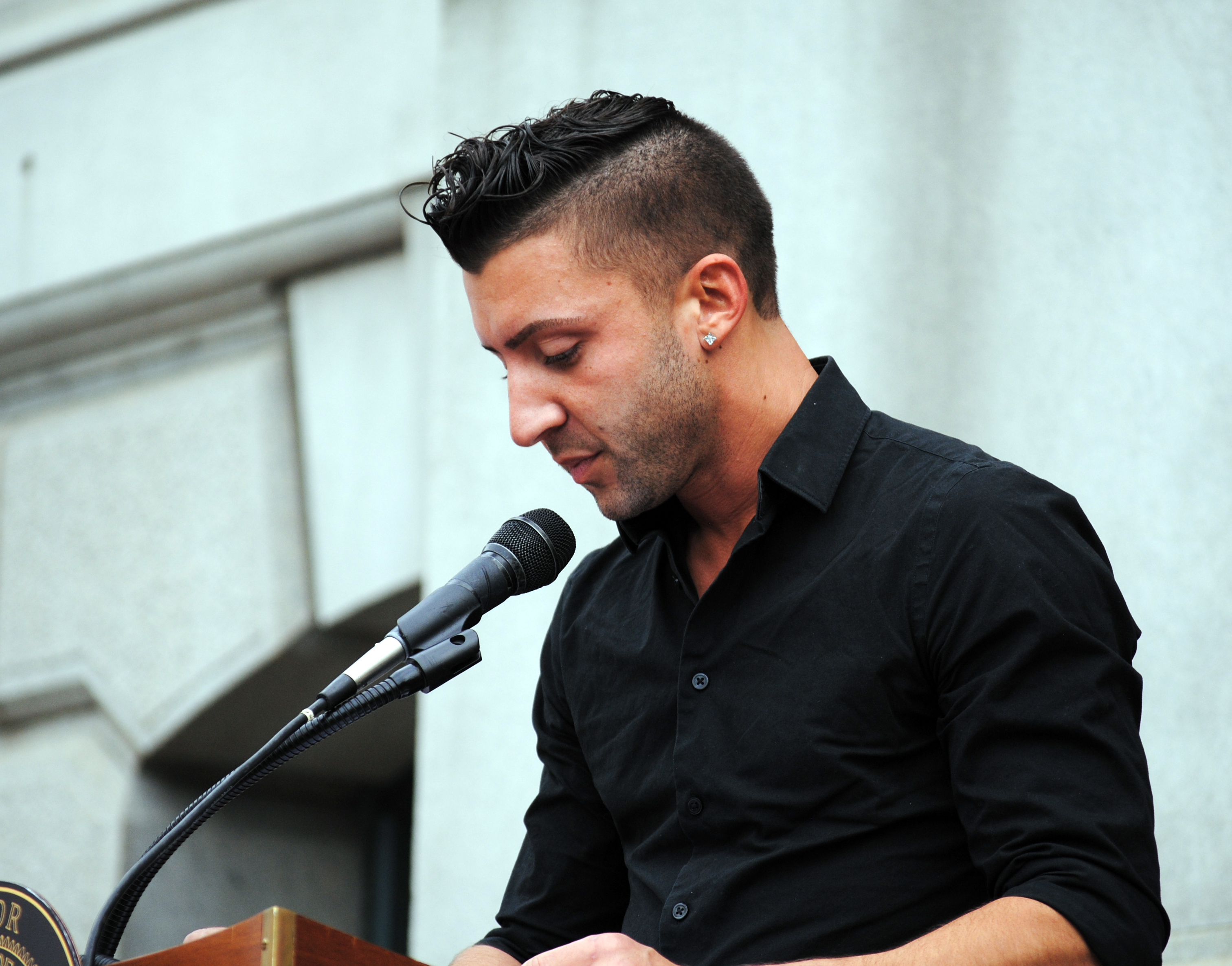
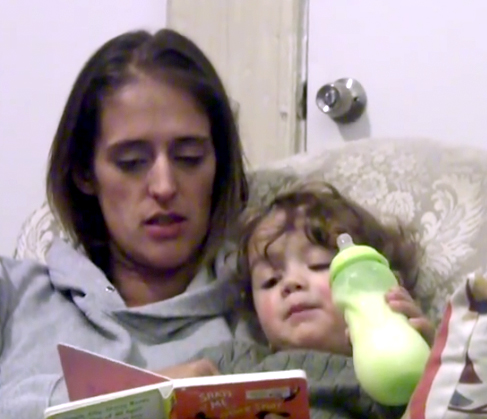

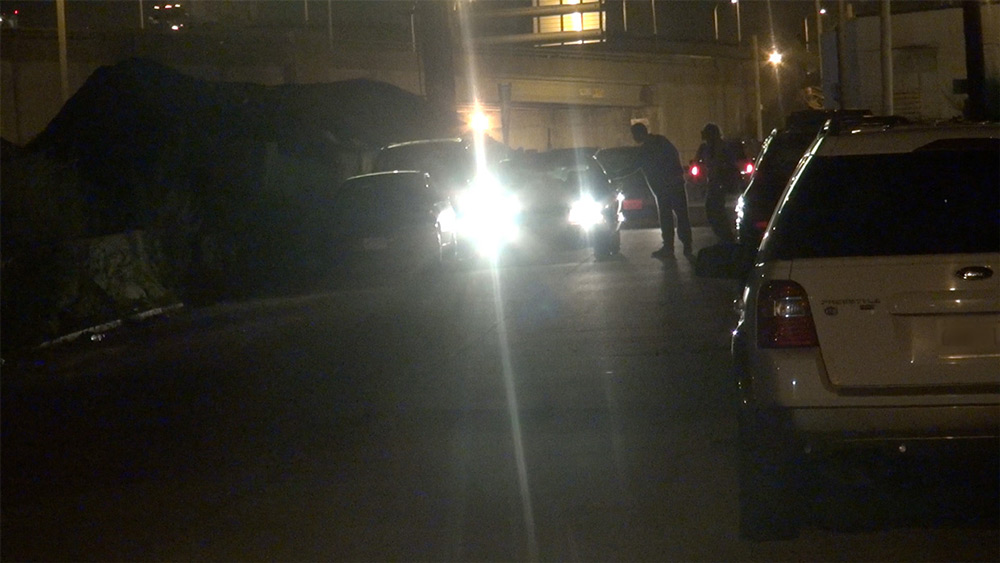
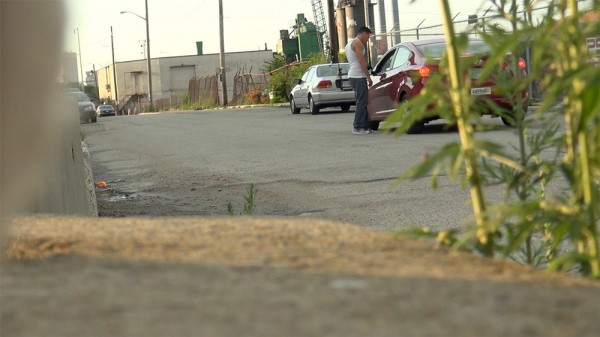 Invisible, directed by Dio Traverso and produced by Grauman Films, LLC, tells the individual stories of male hustlers in Providence, Rhode Island and the efforts of one man and former sex worker, Richard Holcomb, to get services for the neglected population of men who engage in this type of work. The film explores issues including sexuality since many of these men identify as straight. In addition, the documentary explores the intersection of drug use and sex work.
Invisible, directed by Dio Traverso and produced by Grauman Films, LLC, tells the individual stories of male hustlers in Providence, Rhode Island and the efforts of one man and former sex worker, Richard Holcomb, to get services for the neglected population of men who engage in this type of work. The film explores issues including sexuality since many of these men identify as straight. In addition, the documentary explores the intersection of drug use and sex work.
